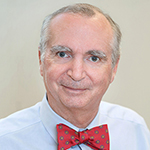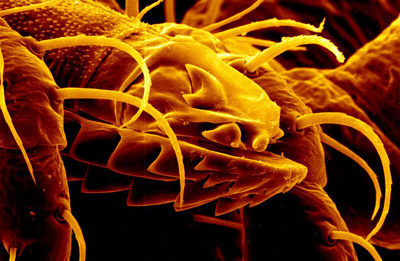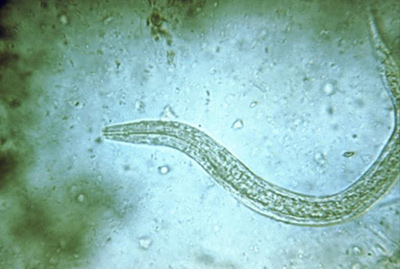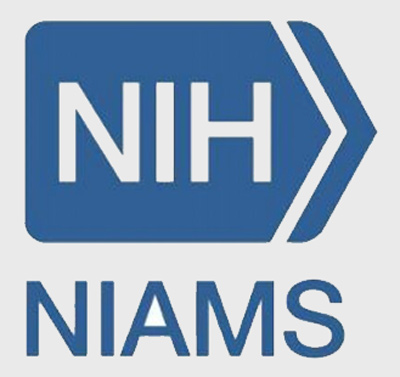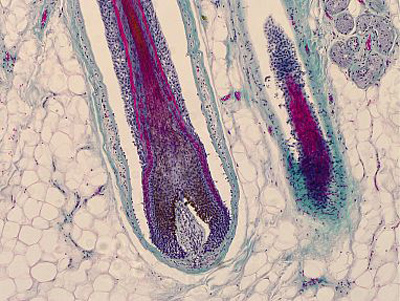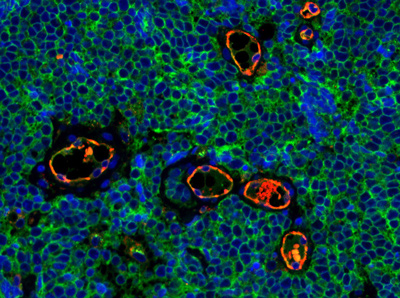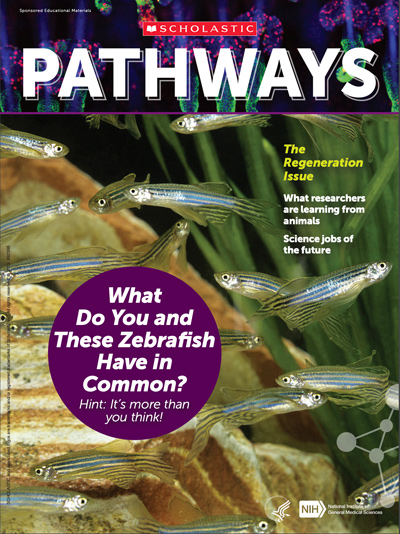NEWS
Acting Director’s Letter on the 2019 NIAMS Coalition Meeting: Renewing Relationships, Exploring New Connections
Dear Colleagues,
We at the NIAMS are most thankful for the more than 50 participants, representing more than 40 different organizations, who came to the National Institutes of Health (NIH) campus in Bethesda, Maryland, for the 2019 NIAMS Coalition Outreach and Education Day. It was a unique opportunity to reconnect with the larger NIAMS community. It was a great pleasure to talk to so many members of our Institute’s Coalition, an independent consortium of more than 90 professional and voluntary organizations interested in the mission and research areas of the NIAMS.
Fiscal Year (FY) 2020 Funding Plan
The NIAMS is currently operating under a Continuing Resolution (CR) through December 20, 2019. An interim funding plan is under development and will be posted as soon as it is available.
Panel Finds Exercise May Lower Cancer Risk, Improve Outcomes
The NIH Director’s Blog examines a review of scientific evidence that recently concluded that physical activity is associated with reduced risks for seven common types of cancer: colon, breast, kidney, endometrial, bladder, stomach and esophageal adenocarcinoma. The panel of experts found that exercise – both before and after a cancer diagnosis – was linked to improved survival among people with breast, colorectal or prostate cancers. An intensive NIH research effort, called the Molecular Transducers of Physical Activity Consortium, is underway to identify molecular mechanisms that might explain the wide-ranging benefits of physical exercise.
NIH Strategic Research Plan Addresses Growing Tickborne Diseases Threat
A new strategic research plan [PDF – 863KB] from the NIH aims to build on – and accelerate – new and existing research initiatives to improve scientific understanding of ticks and the pathogens they may transmit and to develop tools and strategies to better diagnose, prevent and treat tickborne diseases. The NIAMS is one of five Institutes that developed this plan and intends to support research on human immunity and its role in the initiation and propagation of Lyme arthritis.
Molecule Identified as Potential Treatment Target for Worm Infections, Inflammatory Disorders
Researchers from the NIH, led by John O’Shea, M.D., NIAMS Scientific Director and Chief of the NIAMS Intramural Research Program’s Molecular Immunology and Inflammation Branch – in collaboration with scientists from Weil Cornell Medicine – identified a molecule in lymphocytes that could potentially lead to treatments for inflammatory disorders, such as atopic dermatitis, food allergies and asthma.
NIH Outlines Next Steps Following Osteoporosis Pathways to Prevention Federal Partners’ Meeting
As a follow-up to the October 2018 workshop on the Appropriate Use of Drug Therapies for Osteoporotic Fracture Prevention, and an expert panel report containing research recommendations, several NIH Institutes, Centers and Offices, including the NIAMS, and other federal agencies met to explore opportunities for collaboration, as well as research opportunities and next steps to move the field forward. Find out more about their meeting and proposed next steps [PDF – 331KB].
Some Melanomas May Start in Hair Follicles
Research funded by the NIAMS and the NIH’s National Institute of Environmental Health Sciences (NIEHS) suggests that melanoma, considered the deadliest form of skin cancer, may arise both in pigment stem cells in hair follicles and in skin layers. This finding contributes to a better understanding of how melanoma arises and may lead to ways to detect and treat the disease earlier.
Hair-Loss Reversal Achieved With Low-Profile, Wearable Device Powered by Small Body Movements: Robust Hair Growth in Rodent Models Spurs Expectations for Outcomes in People
Low-frequency electric stimulation shows promise as a possible alternative to medications for restoring hair growth in people whose hair has begun to thin. Engineers at the University of Wisconsin-Madison, with support from the NIH’s National Institute of Biomedical Imaging and Bioengineering (NIBIB), have designed an unobtrusive, wearable electric stimulator that can regenerate hair growth.
RESOURCES
Spotlight on Scientific Imagery: Merkel Cell Carcinoma
Immunofluorescent staining of Merkel cell carcinoma tumor tissue illustrates expression of CD200 (green) on the surface of tumor cells. CD200 plays a role in immunosuppression. The endothelial marker CD31 (red) highlights blood vessels. Merkel cell carcinoma is a rare and aggressive skin cancer.
Photo credit: Isaac Brownell, Cutaneous Development and Carcinogenesis Section, Dermatology Branch, NIAMS
NIAMS-Supported Clinical Trials in the Spotlight
A new NIAMS webpage features Institute-supported clinical trials. The webpage lists studies that are currently recruiting by disease or condition, such as atopic dermatitis, fibromyalgia, chronic pain and rheumatoid arthritis, among others. Updates are made as new studies get funded and begin recruitment, so check back regularly to find new trials. If you have questions, please contact the NIAMS Clinical Trials team at NIAMSclinicaltrials@mail.nih.gov.
NIGMS’ Pathways: The Regeneration Issue
The NIH’s National Institute of General Medical Sciences (NIGMS) and Scholastic, Inc. have teamed up for the latest edition of Pathways, a free student magazine designed for grades 6 through 12 that teaches students about basic science, its importance to human health and exciting research careers. This edition features regenerative medicine, a field that focuses on restoring or healing damaged body parts.
EVENTS
February NIAMS Advisory Council Meeting
The NIAMS Advisory Council Meeting will be held February 4, 2020, on the NIH campus. The Council meeting will be available for live viewing via the NIH videocasting service as well.

The NIH PEPR Consortium: Advancing the Science of Patient Reported Outcomes in Children With Chronic Illness
December 19, 2019
8:30 a.m. to 4 p.m.
Natcher Conference Center (Building 45), NIH Campus, Bethesda, Maryland
The event will be videocast.
Rare Disease Day at NIH 2020
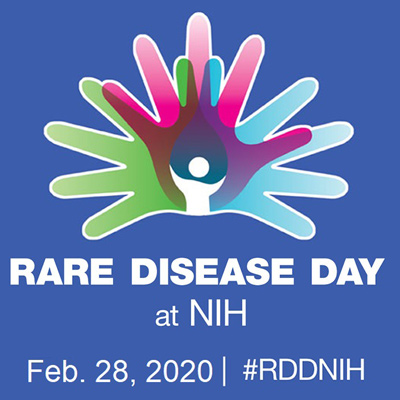
February 28, 2020
8:30 a.m. to 4:30 p.m.
Natcher Conference Center (Building 45), NIH Campus, Bethesda, Maryland
The event will be videocast.
NIH Director's Wednesday Afternoon Lecture Series
The NIH Director’s Wednesday Afternoon Lecture Series offers weekly lectures every Wednesday at 3 p.m. in Masur Auditorium, Building 10, NIH Campus. Renowned scientists from around the globe present research weekly on a variety of topics. The lectures are continuing medical education certified, open to the public and available live via webcast.
Upcoming lecture:
January 29, 2020
Gilda A. Barabino, Ph.D., Daniel and Frances Berg Professor, Dean of Engineering, the City College of New York
“A Two-Act Play: The Character of Cells and the Role of Biomechanics”
NIH Science Lectures and Events Available via Internet
The NIH hosts a number of science seminars and events that are available online through real-time streaming video (videocast). The NIH calendar notes these videocast events with a video icon ![]() .
.

